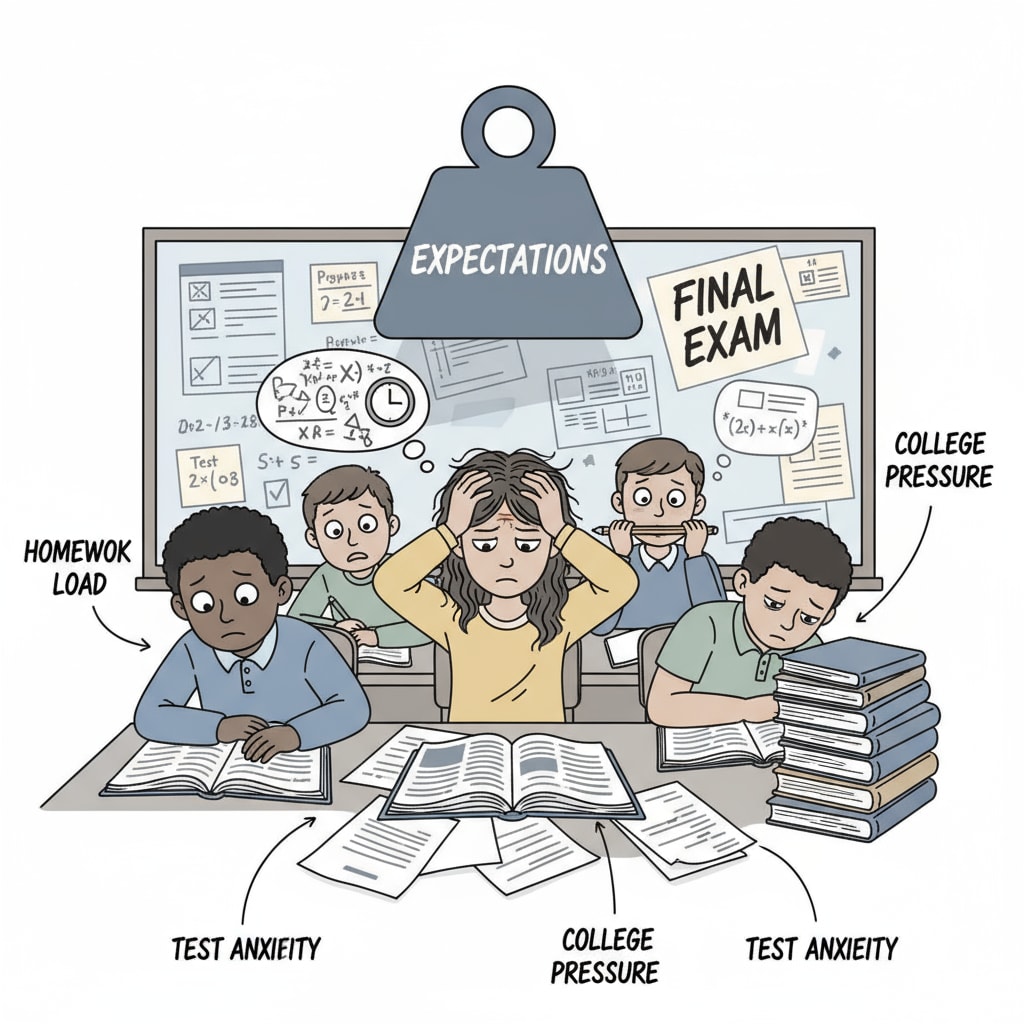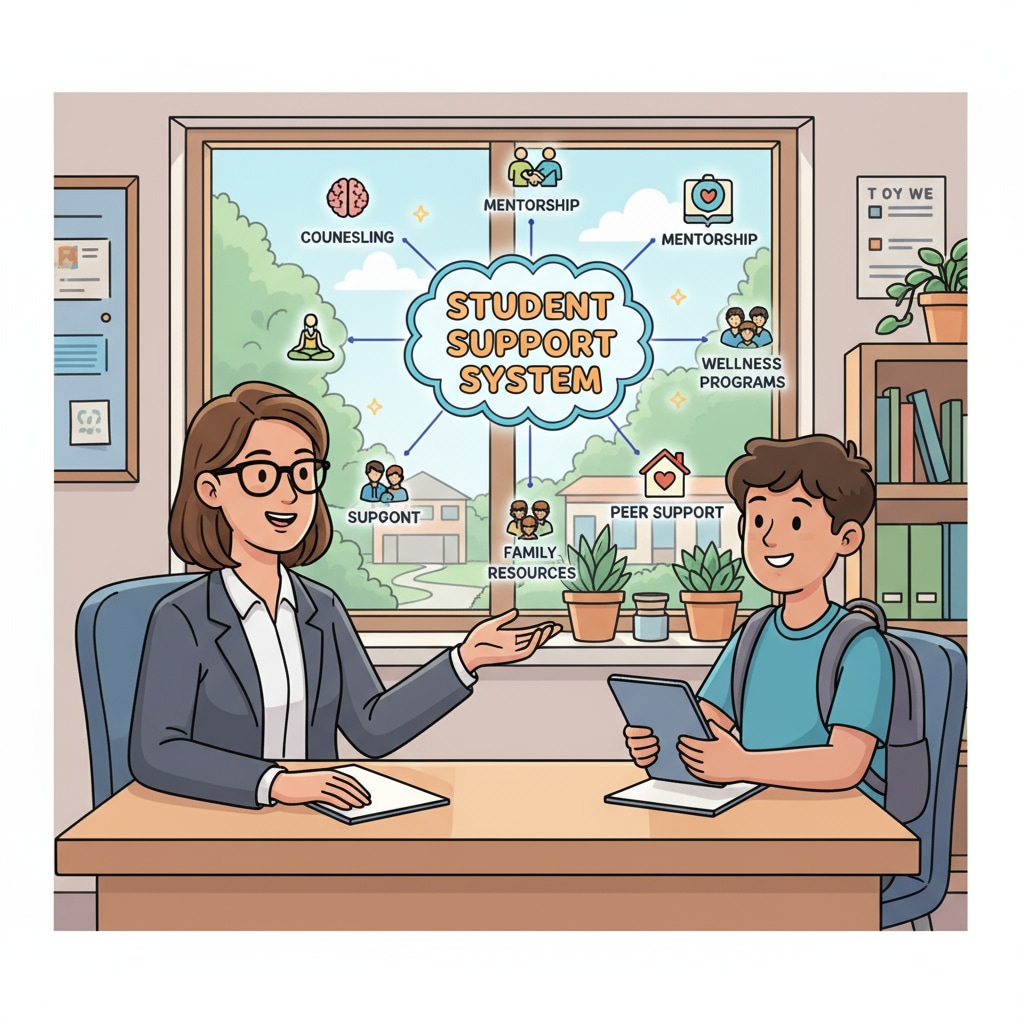Mental health, school withdrawal, and social pressure are intertwined issues that K12 students often grapple with. In today’s highly competitive educational landscape, the pressure on students is immense, and unfortunately, mental health problems are becoming increasingly common. When a student decides to take a semester off due to mental health concerns, they are met with a range of social pressures and prejudices.

This not only affects their recovery but also their overall well-being.
The Reality of Mental Health in K12 Education
Mental health issues among K12 students are a growing concern. According to the Centers for Disease Control and Prevention, factors such as academic stress, peer pressure, and family issues can contribute to conditions like anxiety and depression. For example, the pressure to achieve high grades and participate in numerous extracurricular activities can take a toll on a student’s mental state. In addition, the lack of proper mental health support in schools often leaves students feeling alone and overwhelmed.

The Social Stigma of School Withdrawal
When a student decides to take a break from school for mental health reasons, they may face stigma from various quarters. Peers might misunderstand the situation and view it as a sign of weakness. Teachers and even some parents may not fully comprehend the severity of mental health issues and may question the necessity of the withdrawal. This social stigma can add to the student’s existing stress, making it even more challenging for them to focus on their recovery. As a result, many students are reluctant to seek the help they need.
Strategies for Students
- Educate yourself about mental health. Understanding your condition can empower you to take control of your recovery.
- Surround yourself with supportive people. This could include family, friends, or a support group.
- Set small, achievable goals during your time off. This can help you build confidence and a sense of accomplishment.
What Parents Can Do
- Educate yourself about mental health issues to better support your child.
- Advocate for your child at school. Ensure that the school provides the necessary accommodations and support.
- Create a nurturing and stress-free environment at home.
Role of Educators
- Receive training on mental health issues to better identify and support students in need.
- Implement mental health programs in schools, such as counseling services and stress management workshops.
- Create an inclusive and supportive school culture where mental health is openly discussed and valued.
In conclusion, mental health, school withdrawal, and social pressure are complex issues that require a collective effort from students, parents, and educators. By raising awareness, providing support, and challenging the stigma, we can create an environment where K12 students can prioritize their mental health and achieve true recovery. The American Psychological Association offers valuable resources for further understanding and addressing these issues.
Readability guidance: The content uses short paragraphs and lists to summarize key points. Each H2 section has a list to make information clear. The proportion of passive语态 and long sentences is controlled, and transition words are added throughout the text to enhance readability.


